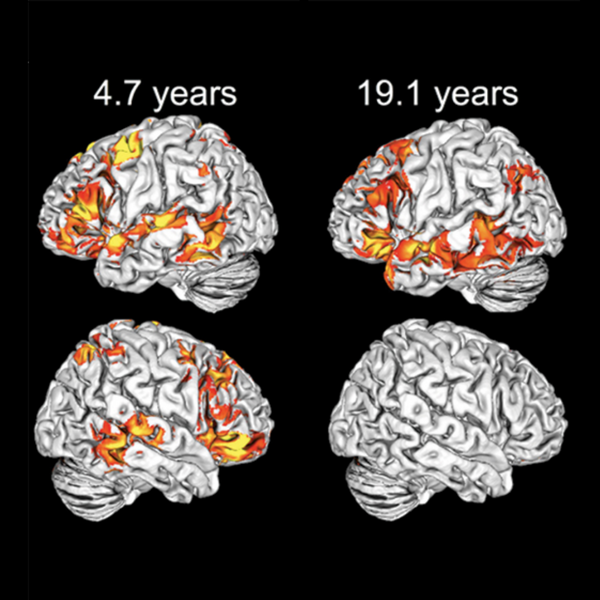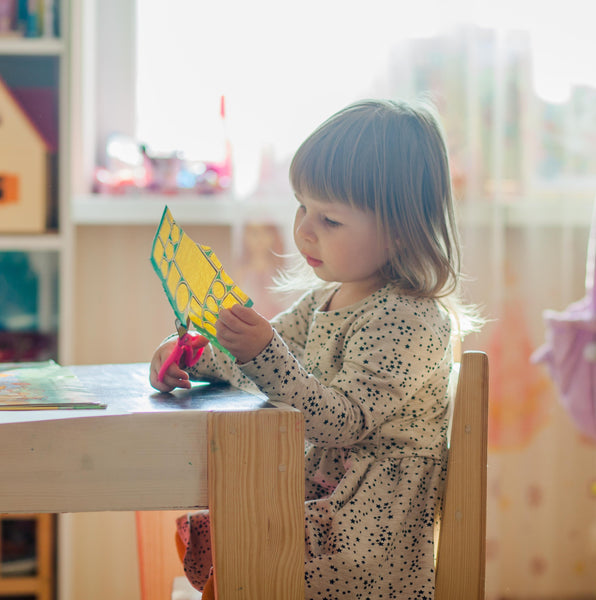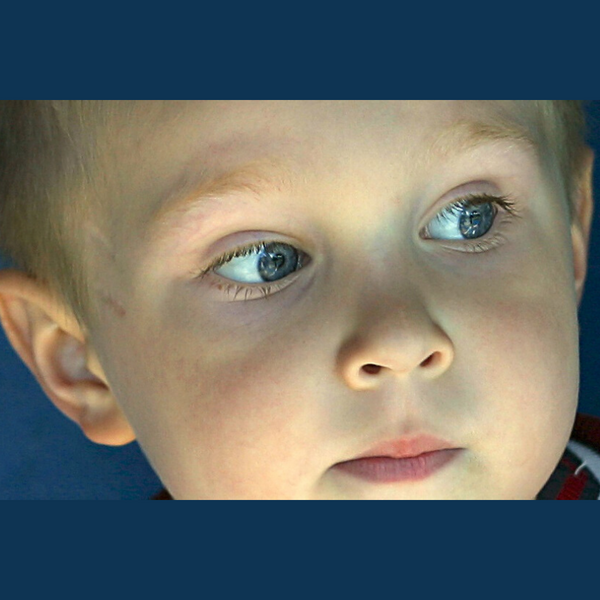Research -- StepUp to Learn
Kids' Physical Fitness is More Important Than BMI
Weight loss shouldn’t be the goal of PE new study shows.
Clumsy Kids Can Be Fit Too
Clumsy kids can be as aerobically fit as their peers with better motor skills, a new Finnish study shows.
Worth it? How the Brain Decides to Make an Effort
A new understanding of motivation: How your brain weighs the costs versus the benefits of making a physical effort.
Regular Physical Activity Seems to Enhance Cognition in Children Who Need it Most
New research shows that regular physical activity can enhance cognitive functions, especially in those who have the most room for improvement.
Sport and Memory Go Hand in Hand
By exploring the benefits of sport in memory and motor learning, scientists are opening up promising perspectives for school programs.
Children Use Both Brain Hemispheres to Understand Language, Unlike Adults
Whereas adults process most discrete neural tasks in specific areas in one or the other of their brain's two hemispheres, young children use both the right and left hemispheres to do the same task. The finding suggests a possible reason why children appear to recover from neural injury much easier than adults.
Visual-Spatial Learning Disorder Is More Common Than Thought
Nonverbal learning disability (NVLD), a poorly understood and often-overlooked disorder that causes problems with visual-spatial processing, may affect nearly 3 million children in the United States, making it one of the most common learning disorders.
Playtime with Dad May Improve Children's Self-Control
Children whose fathers make time to play with them from a very young age may find it easier to control their behavior and emotions as they grow up.
Enrichment Programs Help Children Build Knowledge
New research suggests enrichment programs help children solidify the information they have added to their wall of knowledge and may help prevent summer slide.
Child's Play 'Lost' in Pandemic Fear
Social and community disruptions caused by the COVID-19 restrictions could have a lasting effect on child wellbeing, Flinders University researchers warn.
Getting Kids Moving: Home Tennis Keeps Kids Active, and Learning
Games-making is designed to encourage students to create their own tennis games using various equipment from around their home environment, getting kids to move more, improve their skills, and come up with their own creative tennis games.
Vision May Be the Real Cause of Children's Problems
Are you a little clumsy sometimes? Do you or your child struggle to read, write or do math? Maybe vision is the real root of the problem.












